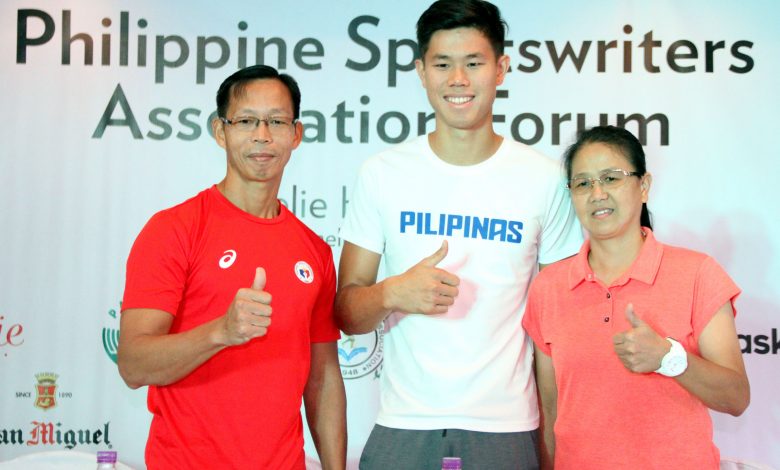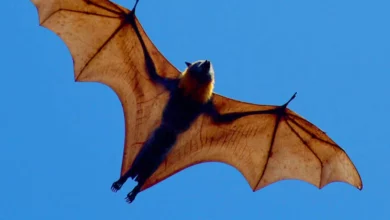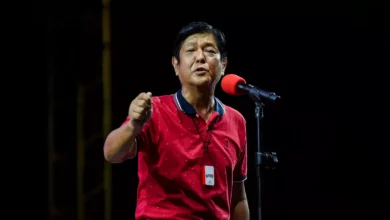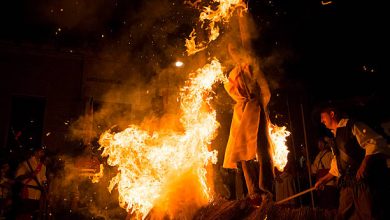
Athlete to Martyr: EJ Obiena, Lesson for PH Sports
Hopefully, his sacrifice would serve as a lesson for the future of PH Sports.
Over the past year, the name ‘EJ Obiena’ has taken social media by storm.
This was primarily because he captured the hearts of Filipinos in his stellar performance in the 2020 Tokyo Olympic Games. And although he placed 11th, Obiena rode that wave until he set a new Asian world record in Austria.
It seemed as if all was well for the pole vaulting phenom. But as the saying goes: “the higher you jump, the harder you fall.”
The Run-Up
Ernest John Obiena, or EJ Obiena, is a natural-born athlete. He comes from a family of track and field athletes. Born on November 17, 1995, he started pole vaulting at the early age of 8. His father Emerson coached him until he was 18.
At first, he only did hurdles. EJ Obiena attended Chiang Kai Shek College for his secondary education and competed at 100 and 400-meter hurdles events. He didn’t qualify for the regional meets.
In response, EJ Obiena decided to shift back to pole vaulting to secure a college scholarship.
He eventually attended and competed for the University of Sto. Tomas (UST).
RELATED – [PH Sports: A Worthy Investment]
The Jump
For EJ Obiena, everything changed for the better when he met Ukrainian pole vaulter Sergey Bubka. Obiena originally wanted to get an autograph when Bubka visited the Philippines, but the promising young star was able to turn the encounter into an opportunity.
Months later, Obiena went to Italy to train under coach Vitaly Petrov in Formia, Bubka’s former coach. The rest was history.
Starting from 2014, he took the world by storm:
- PATAFA Weekly Relays (2014) – National and Junior Record for Pole Vault (5.01 meters)
- He also broke his own record multiple times in 2014, ending at 5.21 meters
- Southasian Games (2015) – Silver Medalist (5.25 meters)
- Philippine National Games (2016, Finals) – Gold Medalist (5.47 meters)
- Summer Universiaide (2019) – Gold Medalist (5.76 meters)
- Chiara, Italy (2019) – Secured a berth in the 2020 Summer Olympics (5.81 meters)
- World Athletics Championships (2019) – 15th place out of 35 (5.60 meters)
- Tokyo Olympics (2020) – 11th place (5.70 meters)
- International Golden Roof Challenge (2021) – 1st place (5.93 meters, WORLD RECORD)
Judging from this list, nobody can deny the world-class talent of EJ Obiena. He is now ranked among the best and has been mining glory for the Philippines non-stop for 8 years now.
But how can he continue if there are people hounding him for the silliest of things?
The Landing
In November 2021, the Philippine Athletics Track and Field Association (PATAFA) escalated an accounting situation involving late payments to Vitaly Petrov.
They wanted EJ Obiena out of the national team pool. However, Obiena’s coach later denied there was any payment issue with EJ Obiena. Philippine Senators swiftly defended Obiena, calling it “harassment” against “an athlete considered to be a national treasure.” They then passed a motion to recall the budget of the PSC.
Later, the Senators approved the PSC budget only if PATAFA will “rectify the grave injustice done to EJ Obiena”. During hearings, witnesses testified that PATAFA’s payment system is broken.
Moreover, the Philippine Olympic Committee (POC) declared PATAFA’s president persona non grata for his role in the harassment of Obiena. It was concluded that PATAFA has maliciously harassed the athlete for no reason.
The Recovery
Fortunately, this 5-month long conflict between Obiena and PATAFA resolved itself.
Last March 30, the PATAFA finally agreed to endorse Obiena to represent the country for the long run. These endorsements include the Hanoi Southeast Asian Games, the World Championships, and other events including the Hangzhou Asian Games. This is all thanks to Philippine Sports Commission Chairman William Ramirez, who initiated and presided over the mediation of the conflict.
Hopefully, this quarrel between EJ Obiena and PATAFA would serve as a lesson for the future of Philippine sports in terms of support and management. Because not only are we wasting our “national treasure’s” precious time, but we also risk breaking the trust of our future athletes in our systems and programs.
If this is how a world-class athlete is treated, what about the up-and-coming ones?
So, let EJ Obiena serve as a lesson for the bigwigs in Philippine sports. Hopefully, they change for the better and leave such practices in the past.
RELATED – [Beyond Basketball: The Philippines Needs More National Sports]




